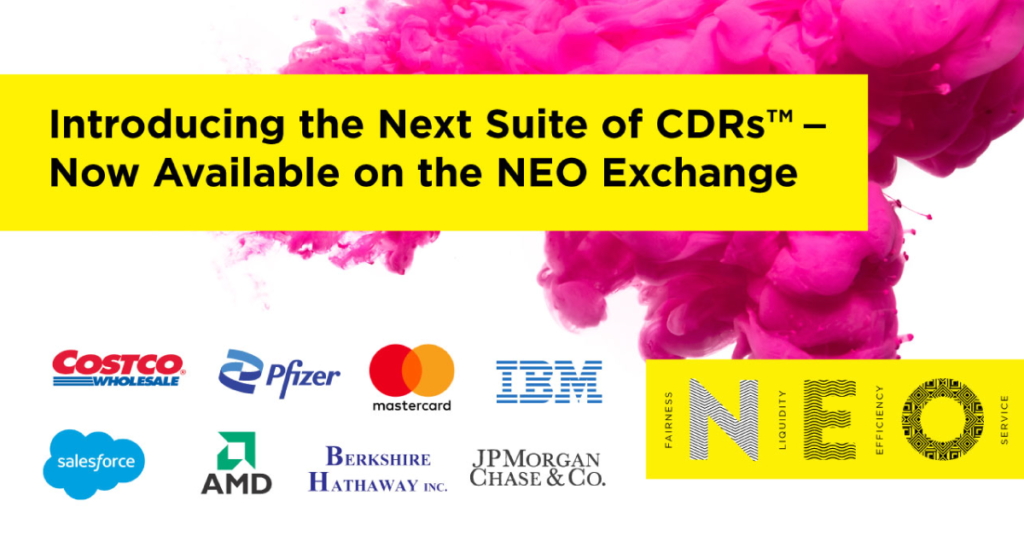
Ottawa has just released its federal Budget 2022, which seems to validate the pre-release fears that a de facto Liberal NDP coalition would be a high-spending, high-taxing affair. You can find the full budget documents at the Department of Finance web site here. It is as expected “a typical NDP tax-and-spend budget,” as interim Conservative Leader Candice Bergen told the CBC.
Budget 2022 is unmemorably titled A Plan to Grow Our Economy and Make Life More Affordable, weighing in relatively slim by federal budget standards: just shy of 300 pages. Of course, the NDP is all over this document, which is why I call the de facto coalition the LibDP.
Naturally, the NDP’s pet priority is included, with $5.3 billion over 5 years for national dental care. As CTV reported, the program will offer dental care to families with annual incomes below $90,000, with no co-pays for those under $70,000 annually in income. The first phase in 2022 will offer dental care to children under 12.
Big focus on affordable housing
Of the $56 billion in projected new spending over six years, $10 billion is going to housing over five years, with a one-time $500 payment to those struggling with housing affordability. And as expected, foreign buyers will be shut out of the market for condos, apartments, and single residential units for the next two years.
They are also cracking down on home flippers, introducing new rules as of January 2023, such that if anyone sells a property held for less than 12 months it would be considered to a flip and be subject to full tax on their profits as business income (with some exceptions in certain special cases).
National Defence will get $8 billion over 5 years, There’s $500 million for military aid to Ukraine and $1 billion in loans.
Perhaps we should use CTV News’ phrase and describe the spending as “targeted”:
The budget proposes $9.5 billion in new spending for the 2022-23 fiscal year — with the biggest ticket items focused on housing supply, Indigenous reconciliation, addressing climate change, and national defence — while also set to take in more than $2 billion in revenue-generating efforts.
New “Minimum Tax Regime”
CTV reports that Budget 2022 “puts high earners on notice that the government thinks some high-income Canadians aren’t paying enough in personal income tax.” The Liberals say they will be examining “a new minimum tax regime, which will go further towards ensuring that all wealthy Canadians pay their fair share.”
Here is the Globe & Mail’s initial overview (paywall.) Or click this headline:
According to the Globe, the planned bank tax is different from the initial proposal from the Liberal’s 2021 election platform: rather than a three percentage point surtax on earnings over $1-billion, the budget announces a 1.5 percentage point increase on taxable income over $100 million. That brings the tax rate on those earnings from 15% to 16.5%.
In addition to $4-billion for cities to build 100,000 new homes, Ottawa will provide tax-free home savings accounts of up to $40,000. Future first time homebuyers will get an RRSP-style tax rebate when they contribute and the money can grow tax free. First-time homebuyers will also get a tax credit of $1,500 and a home renovation tax credit of up to $7,500 to help families add second suites for family members. Continue Reading…





